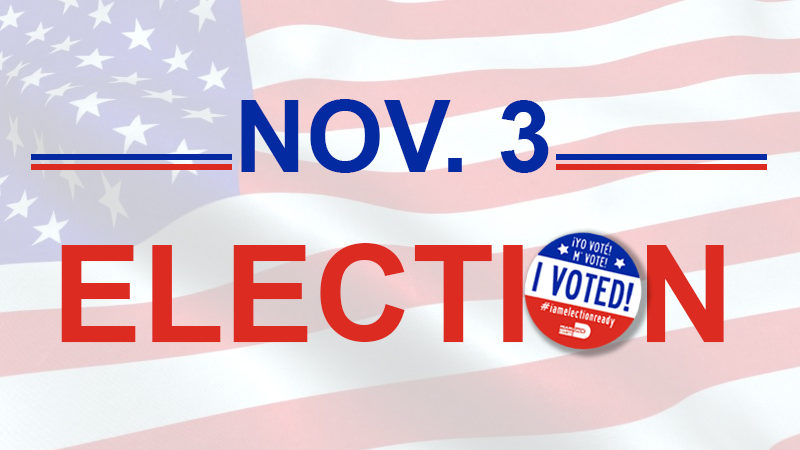
These words were spoken by former POTUS Obama who also went on to say, “It’s the political way for winners to tell losers: Tough luck, you lost. Get over it.” Of course, elections have consequences, but you should never give up fighting for what you value and believe in. This is the beautiful concept of Americanism, where everyone gets to participate in the process, and no one should face violent attacks merely because they have expressed differing beliefs and/or values than the majority.
Another great Americanism is something called Federalism. Federalism keeps the central government, from dictating how individual states govern their own sovereign territory within the federal system. This Americanism is unique to the United States and protects the rights of individuals better than in a unitary government where the central government dictates to all.
One example of how Federalism provides you greater freedom and protection is the way Life Insurance is regulated. Each state regulates what can and can’t be sold within their territory. This provides you, as an individual, with more accessibility to a swifter resolution to any complaint or concern you may have about a claim against a carrier. This is because states can respond so much quicker than the bulky, cumbersome federal government.
One of the ways our Federalist system keeps from becoming a Unitary system of government is something which many have misunderstood and that is The Electoral College. This group of 538 members who are nominated by the political parties in each state, match in number the total number of Senators and Representatives from each state, and the District of Columbia (Washington DC) is given three. This group of electoral members, democratically selected by the political parties from each state or district, are the ones who cast the actual vote in a presidential election on the Monday after the second Wednesday in December following the popular vote which has already taken place on the first Tuesday of November of the same year.
Even in this however, our US Constitution clearly allows each state to determine how electoral members are selected and how they are required to vote. Some states mandate that all electoral votes go to the candidate who receives the majority popular vote in that state. Other states employ what is called a “district system” which provides even greater liberty in the process. The important point to understand is, the states have the right to choose how they want to select and require their electoral members to vote, not the federal government. This obviously provides each state with more freedom than a Unitary form of government possibly could.
One more important fact about the Electoral Vote. A state electoral member cannot vote for a presidential and vice-presidential ticket where both candidates come from the same state. This keeps one state from securing more power over other states in the administrative branch of the Federal system of the government.
Electoral members have been known to break their bond to vote according to their state’s pre-determined guidelines. Such behavior can much more quickly be held accountable at the local state level than if such unseemly behavior were to take place at the national level. Yet another reason Federalism is a better system of government than a Unitary form of government.
Federalism protects the freedom and liberty of the people. It inhibits the federal government from dictatorially intimidating and harassing the states and their citizens. It also keeps the election of our president and vice president from being selected by a few individuals who could run those elected officials like a puppet on a string.

Dr. Tomas McFie is a retired physician. As the founder of Life Benefits, he currently works in the financial industry exposing the fallacies of typical financial planning and helping clients keep more of the money they make with a formula that creates financial peace of mind.